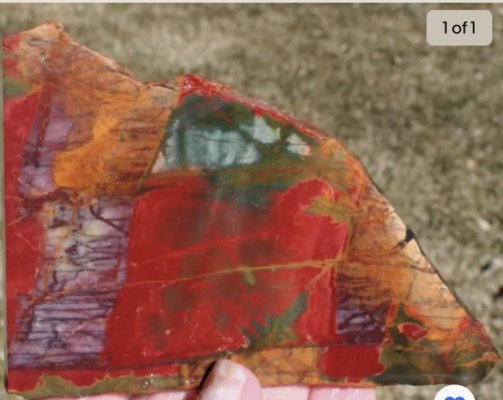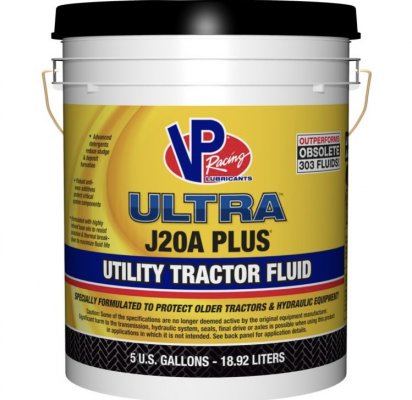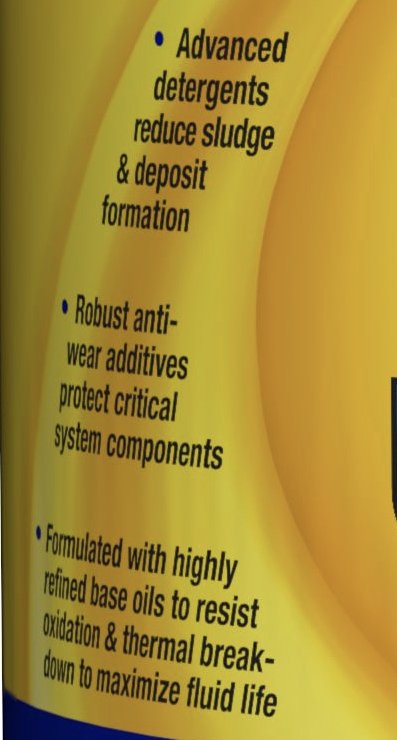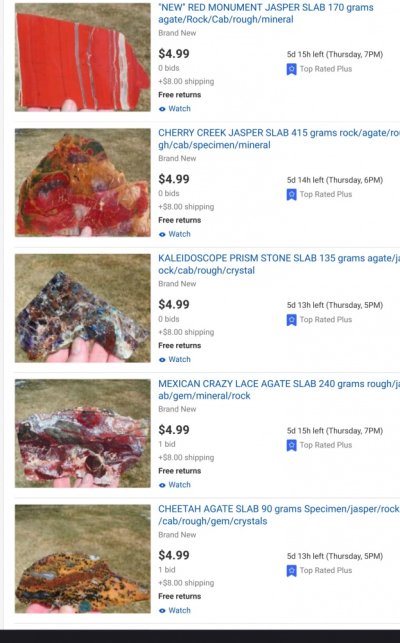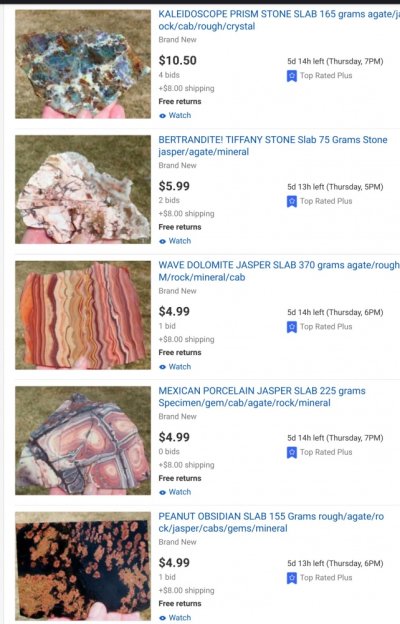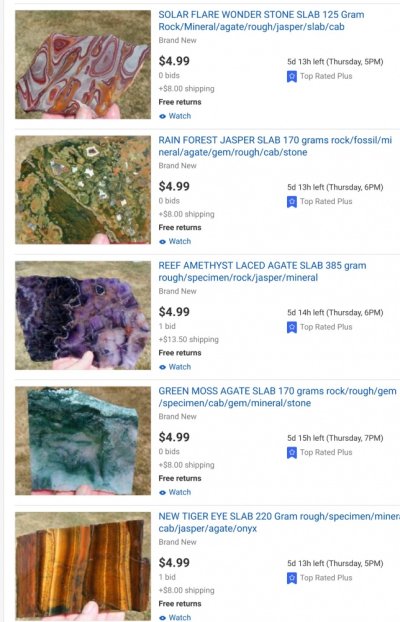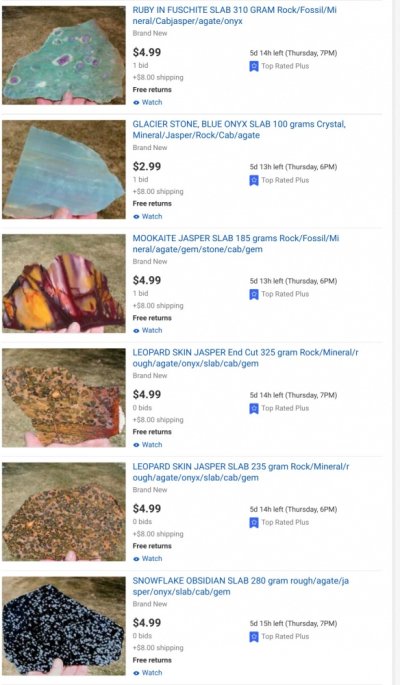LHotelUmbraQua
Aquarium Advice Apprentice
TOXIN TEST: What toxin test would you perform to make sure these rocks/stones are safe?
I am considering using a few colorful fish-safe Jasper, agate, and Amethyst stones in my hardscape. I will double verify each stone type.
HOWEVER, in the cutting process, a petroleum-based Ultra Utility Tractor Fluid is used to lubricate the metal hand saw.
The rock seller-cutters have their own thorough post-cutting rock-washing process, including soaking rocks in hot water, with Dawn dusk soap and Oxy Clean. They do this several times over a few days.
I would also thoroughly rinse/soak them, and try dechlorondtor or other purifying or neutralizing products.
I am also writing to chemists and geologists who specialize in aquariums (feel free to do the same).
What are your thoughts? Below is:
I am considering using a few colorful fish-safe Jasper, agate, and Amethyst stones in my hardscape. I will double verify each stone type.
HOWEVER, in the cutting process, a petroleum-based Ultra Utility Tractor Fluid is used to lubricate the metal hand saw.
The rock seller-cutters have their own thorough post-cutting rock-washing process, including soaking rocks in hot water, with Dawn dusk soap and Oxy Clean. They do this several times over a few days.
I would also thoroughly rinse/soak them, and try dechlorondtor or other purifying or neutralizing products.
I am also writing to chemists and geologists who specialize in aquariums (feel free to do the same).
What are your thoughts? Below is:
A BIT MORE ON THE Tractor Fluid:
Racing Lubricants VP2040114 Ultra J20A Plus Utility Tractor Fluid is formulated from highly refined base stocks and robust additive technology for [vintage] farm tractors. …Tractor utility fluid is engineered for lubrication of drives, brakes, power steering and hydraulic systems. Its viscosity is comparable to a SAE 20 crankcase fluid or an ISO 68 industrial oil for general purpose applications.
It is made up of advanced detergents to reduce sludge and deposit formation. Robust anti-wear additives protect critical system components; formulated with highly refined base oils to resist oxidation and thermal break-down to maximize fluid life.

